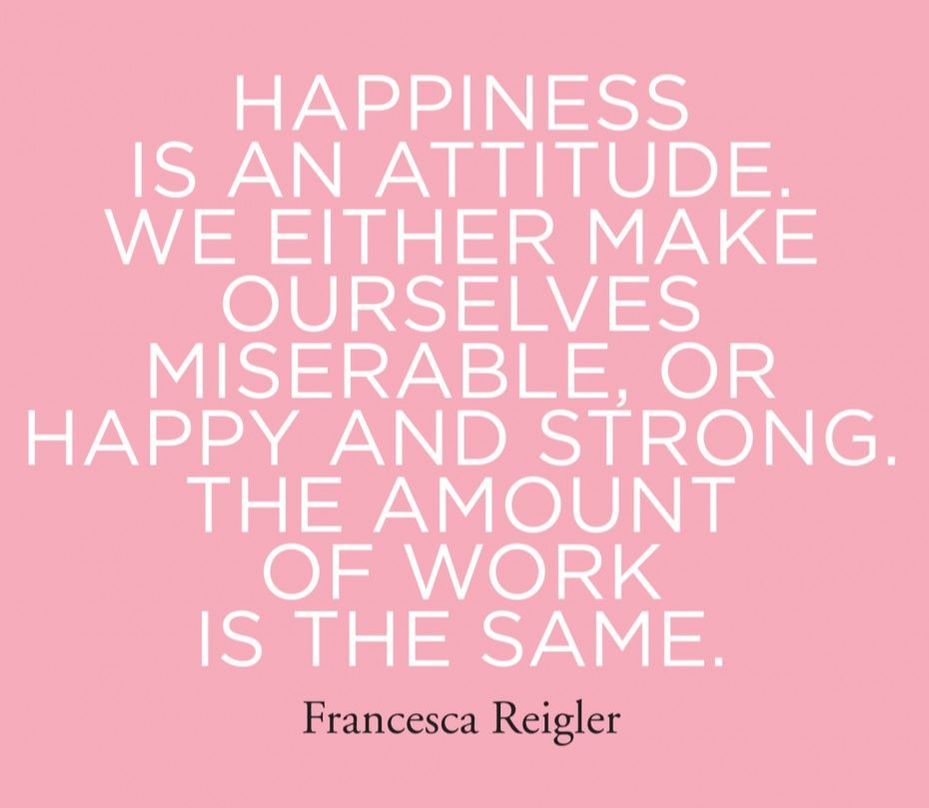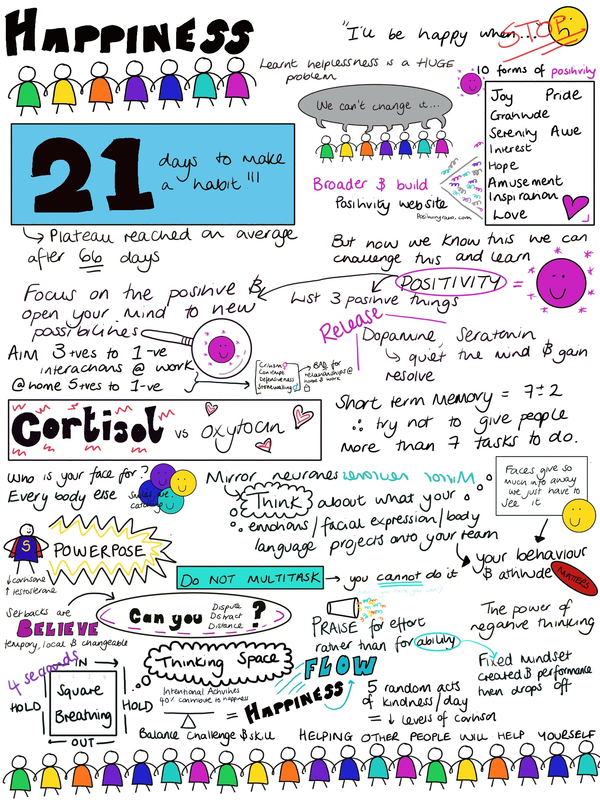|
Dr Tom Cromarty Editor Interests: Paediatric Emergency Medicine, Medical Engagement and Leadership, Simulation, Quality Improvement, Research Twitter: @Tomcromarty |
Welsh Research and Education Network
WREN BlogHot topics in research and medical education, in Wales and beyond
Dr Celyn Kenny Editor Interests: Neonates, Neurodevelopment, Sepsis, Media and Broadcasting Twitter: @Celynkenny |
|
Dr Rebecca Broomfield Why is it important? The environment created in the workplace is vitally important to the wellbeing of the staff who work there. In clinical medicine this also translates into the wellbeing of patients and ultimately their safety. So what can you do, as a leader, to ensure that your workplace environment is as positive and functional as it could be? This topic was first visited during the Faculty of Medical Leadership and Management (FMLM) conference in Liverpool and covered in the Leadership blog in December. It was covered here by Henry Stewart. He runs the Happy company, which has been listed as one of the 20 best workplaces in the UK for five successive years (www.happy.co.uk). Henry Stewart has also written “The Happy Manifesto” He has identified that people work better when they are challenged and given freedom. As a manager we should be enabling people to innovate, and rather than focusing on weaknesses we should develop our strengths. Mistakes should be celebrated and, within the boundaries of clear principles and targets, team members should be given freedom and ownership of projects. The topic has come up time and time again within the Leadership program I am currently enrolled on. Happier workplaces function better, lead to greater innovation and better results. What can you do? Within a quality improvement program provided by Cardiff and Vale Health board, we recieved a afternoon workshop to discover how we can use positive psychology to improve our own happiness and that of our workplace. This was delivered by Mark Hodder. People tend to currently live with the mindset "I will be happy when....I've lost weight/I have a promotion/I own a bigger house" Thus success creates happiness. Rather than this way of looking at happiness what would happen if we looked at it from the opposite direction, shifting our paradigm and focusing on happiness bringing success? Learnt helplessness is a huge problem, but now we know this we can challenge this and learn positivity. When driving home from work try thinking of 3 positive things which happened that day. They don't have to be big things, just build it into your daily routinue. In work in order to build positive relationships we need 3 positive interactions to every negative one. Can you within your workplace build in positive feedback or interactions. How often do you praise people or say thank you? Could you do this more? Think about how you motivate your team. For praise to be most beneficial it should be given for effort rather than ability. By praising for ability you run the risk of creating a fixed mindset which then has the potential to cause a drop off in performance. Effort and recognising hard work by saying "Thank you" or "I can see you have put a lot of work into ..." A growth mindset is created promoting positivity and providing motivation. When you encounter a problem or a difficulty could you Dispute, Distract, Distance? This technique creates a mindset that setbacks are tempory, local and changeable rather than spiralling into a negative perspective or allowing negative feelings to dominate a workplace. Problems are actively dealt with. What about your face? Consider who your face is for? .... (clue it's not for you!) Your face and body language are ways of communicating to other people. Faces have so much to give away we just have to focus on them and see it. In the same way, we need to be aware of what our face is saying about us and how we can use this to our advantage - smiling is contagious! When we are interacting with people often their facial expressions and body language mirror our own, therefore our behaviour and attitude matters. Think about what your daily facial expressions project about your emptions onto your team. And finally ..... helping other people will help you. 5 random acts of kindness a day have been shown to reduce cortisol levels and thus reduce stress, see how many you can build into your day. Further reading: The Happy Manifesto: Make Your Organiszation a Great Workplace By Henry Stewart
The Chimp Paradox: The Mind Management Programme to Help You Achieve Sucess, Confidence and Happiness By Prof Steve Peters http://www.markhodder.net/ - Links to articles from the workshops and contact details for Mark Hodder.
0 Comments
Leave a Reply. |
Editors
Dr Annabel Greenwood Categories
All
|







 RSS Feed
RSS Feed
